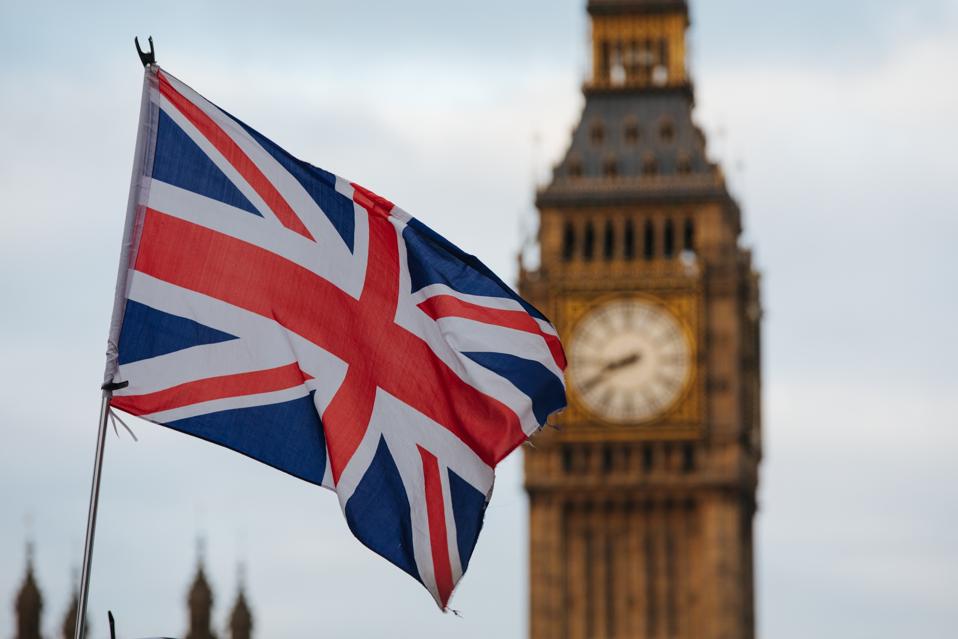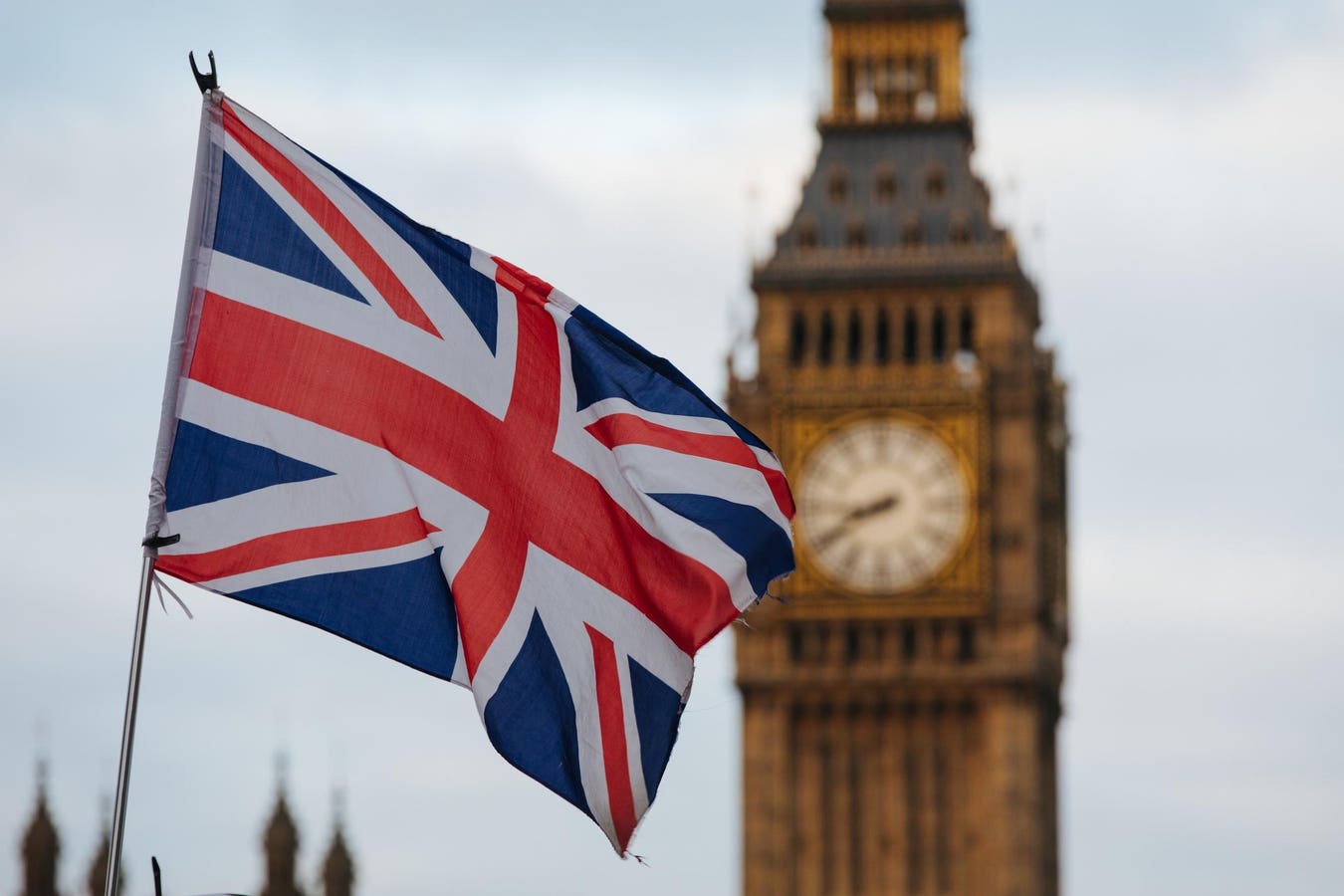
Long exposure photo from Big Ben in sunrise
getty
On June 25, the United Kingdom’s Department for Business and Trade released a draft of sustainability reporting standards for the UK. The proposal implements guidelines on climate-related risk and greenhouse gas emissions reporting, at a time when other jurisdictions are considering reducing requirements. The consultation period is open until September 17, with the final requirements set to be published by December.
The International Financial Reporting Standards Foundation, the organization that drafts financial reporting standards used in 168 jurisdictions, began drafting sustainability reporting standards in 2021, through the International Sustainability Standards Board. The IFRS Sustainability Disclosure Standards were released in June 2023. National regulatory agencies were then tasked with amending the standards to comply with national laws.
The IFRS Sustainability Standards are divided into two reporting tiers. IFRS S1 establishes sustainability disclosure requirements, while IFRS S2 sets out specific climate-related disclosures to be used along with IFRS S1. Both focus on a company’s governance, strategy, risk management, and metrics and target, as they relate to either sustainability or climate.
The UK initially required sustainability reporting in 2022. Following the release of the IFRS Sustainability Standards, in May 2024, the Department of Business & Trade began the process of converting the standards to work with national law. On June 25, the Department released the “exposure draft of UK Sustainability Reporting Standards: UK SRS S1 and UK SRS S2.”
The draft states, “making the transition to an economy that is climate resilient and sustainable is essential for long-term economic growth. One of the 5 missions of this government is to make the UK a clean energy superpower – delivering clean power by 2030 and accelerating to net zero. This will support growth through the creation of hundreds of thousands of good jobs across the UK and protect our economy from the future price shocks that reliance on fossil fuels creates, while delivering a range of social and health benefits.”
The UK is using a phased approach to adopt sustainability reporting requirements, starting with the proposed draft. The second “focuses on providers of assurance over sustainability- related financial disclosures following the conclusion of the Financial Reporting Council’s (FRC) recent market study on this theme.” The third “published by the Department for Energy Security and Net Zero – seeks views on the government’s manifesto commitment on the theme of transition planning.”
The Department of Business & Trade’s draft includes six proposed amendments to the ISSB Standards. Amendments 1 – 4 were proposed by UK Sustainability Disclosure Technical Advisory Committee, known as TAC in the document. Amendments 5 & 6 were proposed by the UK Sustainability Disclosure Policy and Implementation Committee, known as PIC in the document. The amendments are as follows.
Amendment 1 – IFRS S1 included “transition relief” that allowed companies to delay sustainability reporting during the first year. While the reporting would still take place, it would not be in alignment with the existing financial reporting requirements. The proposal removes that relief.
“The TAC concluded that allowing entities to disclose sustainability-related information at a later time compromises the principle of ‘connectivity’ with the financial statements and other narrative reporting.”
Amendment 2 – In addition to transition relief, IFRS S1 also allowed companies to only report climate-related risks the first year, delaying the broader sustainability reporting until the second year in a “climate-first” approach. The draft proposal extends that relief to the first two years.
In practice, for year 1 companies will be required to report “climate-related risks and opportunities except Scope 3 emissions.” In year 2, “all climate-related risks and opportunities including Scope 3 emissions.” In year 3, “climate-related risks and opportunities, Scope 3 emissions, and wider sustainability-related risks and opportunities.”
Amendment 3 – IFRS S2 requires companies to use the Global Industry Classification Standard when reporting “financed emissions.” There are GHG emissions attributed to “loans an investments made by an entity.” The proposal allows flexibility in the usage of GICS, changing the language to give companies the option to use the standard of choice.
“The TAC recommended that entities should be able to use any appropriate classification standard – which could be GICS or an alternative standard that they use within existing reporting practices. The use of an existing classification could allow for increased connectivity with existing reporting. A requirement to use GICS, if not already used, could also impose an unnecessary additional cost.”
Amendment 4 – The ISSB Standards were effective January 1, 2024. However, the UK did not implement them by that timeline. As a result, the draft removes the effective date, allowing for voluntary usage until required by law or regulation.
Amendment 5 – The ISSB Standards require companies to use industry-specific standards for the “disclosures of financially-material sustainability information” as provided by the Sustainability Accounting Standards Board. However, the SASB was created in 2011 to draft standards for use with reporting to the U.S. Securities and Exchange Commission. As a result, the choice of language is specific to the SEC. The ISSB is updating those standards, with an anticipated release in July, but for now, the draft takes issue with the use.
Further, the draft states “the detailed content of the SASB materials had not been through the same level of due process as the ISSB Standards. The PIC also observed that the TAC’s stakeholder engagement found mixed feedback on the SASB materials, with many UK organisations supporting voluntary (rather than mandatory) use.”
To resolve the issues, the proposal changes the standard from “shall” to “may”, providing flexibility to companies to use the SASB standards if they feel it is the best option.
Amendment 6 – Referring back to the transition releif addressed in Amendments 1 & 2, the PIC wants to clarify that relief is tied to the date standards become mandatory, not when companies begin voluntary reporting. “The PIC agreed that it wanted to facilitate use of the reliefs for any mandatory reporting while avoiding penalising any early voluntary reporters.”
The Department provided 20 consultation questions for interested parties to address via an online form. Responses are due by September 17. The draft states that the new UK Sustainability Reporting Standards will be finalized in autumn 2025. Expect to see the final draft in early December.
